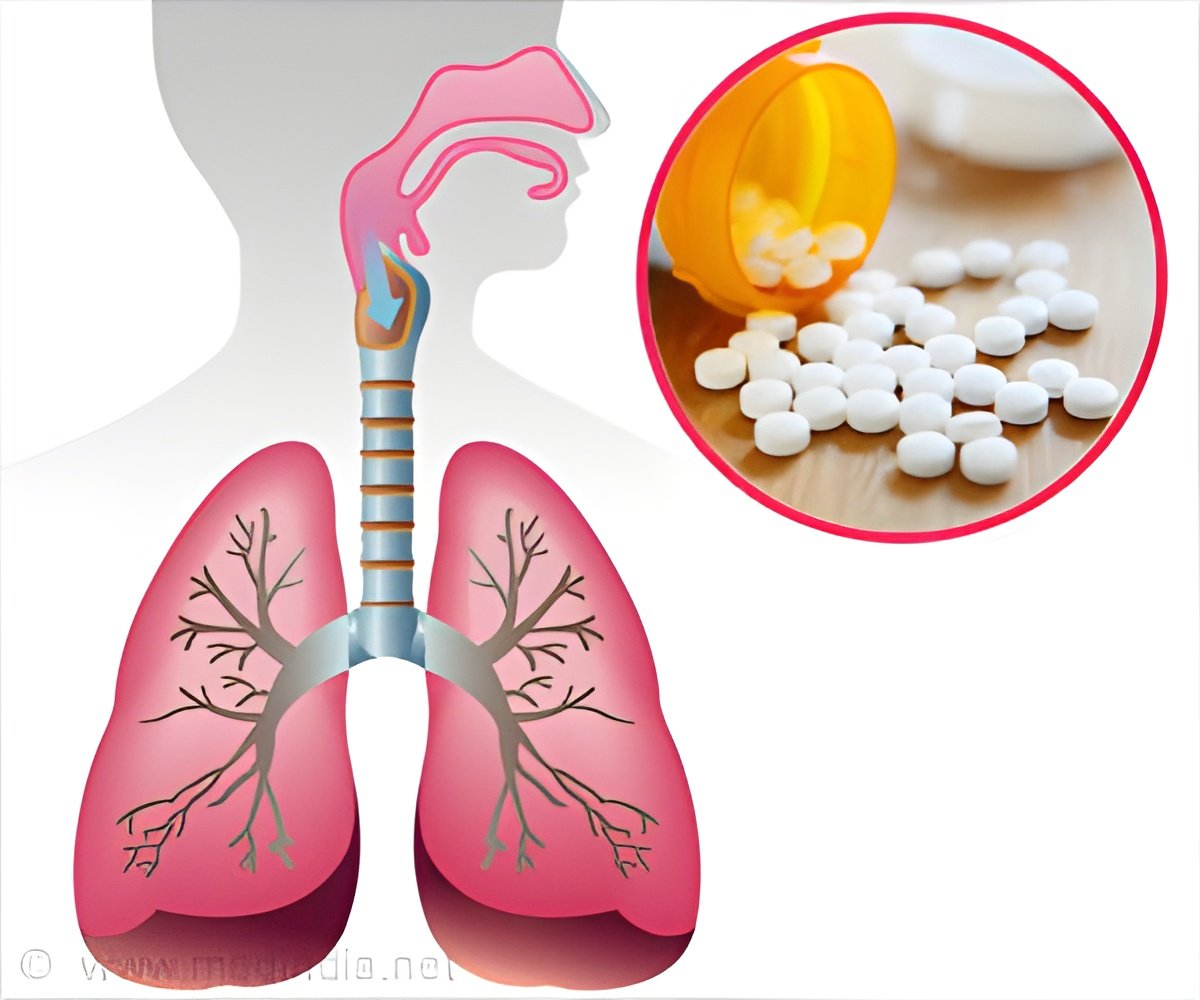Newer drugs are in the pipeline for the treatment of Non-Small Cell Lung Cancer (NSCLC) which will provide targeted treatment and hopefully improve the prognosis of patients with lung cancer.

A recent report by the Global Business Intelligence Research provides hope for the treatment of NSCLC. According to the report, there are several drugs that are in various stages of development for the treatment of NSCLC. These drugs act differently from traditional chemotherapy drugs and could possibly be more effective than some of the currently available medications. Several of these drugs are the first of their type with a new and unique mechanism to treat NSCLC, and are referred to as first-in-class drugs.
These new drugs are likely to be effective against the cancer with lesser effects on the normal cells of the body, thereby resulting in lesser systemic adverse effects. The advantage of having the drugs in various developmental stages is that they will be approved at different times, thus ensuring that new drugs are continuously available in the market.
Drugs Used to Treat NSCLC:
Chemotherapy drugs are currently used for the treatment of NSCLC. In some cases, they are used after surgery. This type of therapy is called adjuvant therapy. In some other cases, they are used before surgery to shrink the size of the tumor. This is referred to as neoadjuvant therapy. Drugs commonly used in the treatment of NSCLC are:- Cisplatin or carboplatin plus docetaxel
- Gemcitabine
- Paclitaxel
- Vinorelbine
- Pemetrexed
- Erlotinib
- Bevacizumab
- Crizotinib













